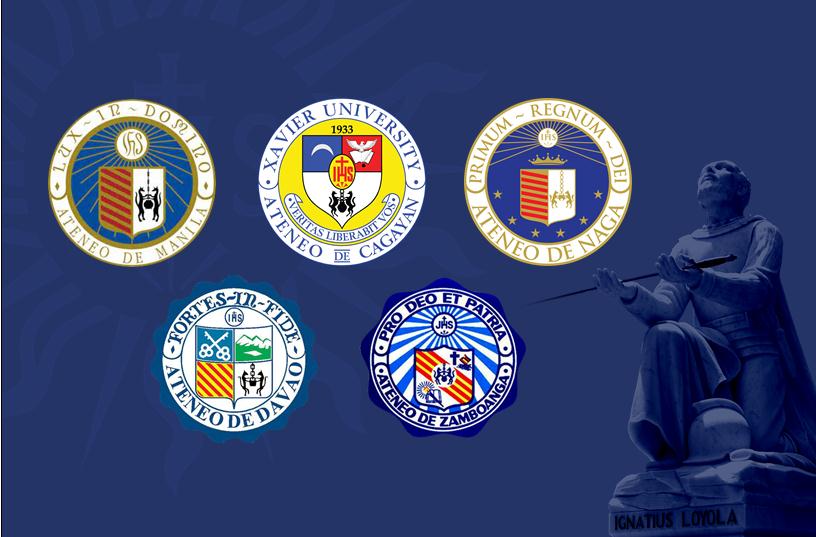
By Stephen J Pedroza
“The Bangsamoro Basic Law (BBL) is proposed today not as ordinary legislation. Crafted to do social justice, it emerges from seventeen years of peace negotiations for Muslim Mindanao.”
These were the opening lines of the 10-point Agenda for BBL signed by the presidents of the country’s Jesuit universities on Monday, October 5, in support of the proposed law that aims “to rectify past errors, to reverse injustices committed in prejudice and hatred against Muslims in Mindanao.”
The presidents of the different Ateneo universities said the proposed BBL foresees a “better future for the Bangsamoro peoples and cultures” which will bring henceforth a brighter future for the Filipino nation.
“Here, our legislators are not only hewers of laws. They are builders of peace. They are architects of our future, their responsibility. Their fragile moment for building peace they ought not to squander through absence from crucial legislative sessions, indifference, or fear,” said the school heads from the Society of Jesus.
“This document signals the type of law the legislators need to pass should they support the peace agreement,” they added.
The signatories of the said statement were Fr Joel Tabora SJ, president of Ateneo de Davao University, Fr Jose Ramon Villarin SJ, president of the Ateneo de Manila University, Fr Primitivo Viray SJ, president of the Ateneo de Naga University, Fr Karel San Juan SJ, president of the Ateneo de Zamboanga University and Fr Roberto Yap SJ, president of Xavier University - Ateneo de Cagayan.
The Ateneo presidents believe that building peace “should be based on the foundation of forged agreement … [and] negotiated process that achieved the Comprehensive Agreement on the Bangsamoro…”
They also warned that “should the legislators or the courts repudiate the peace agreement that the executive forged with the Moro Islamic Liberation Front (MILF), they take responsibility for the ensuring peace or war into their own hands.”
The leaders of the Jesuit schools urged both the Senate and the House of Representatives to pass “now” a BBL that guarantees the following:
• Recognition of the Bangsamoro identity and its peoples’ aspirations based on their right to self-determination;
• Integration of the spirit of the CAB in the proposed legislation in fidelity to the 1987 Philippine Constitution and its mandate for an autonomous region for Muslim Mindanao;
• Provisions that surpass, not diminish, the provisions of the Expanded Organic Act for the ARMM, further enhancing what Filipino Muslims already enjoy under this law;
• Genuine autonomy through which the Bangsamoro Government is empowered to lead its peoples to a future they desire based on the genius of their rich culture;
• Acceptance of the concept of asymmetrical political entity where the Bangsamoro Government enjoys powers greater than local government units (LGUs) but fully subject to national governance;
• Measures to strengthen the Shariah courts and their applicability to the Bangsamoro followers of Islam;
• Bangsamoro entitlement to create its own sources of revenue and to levy taxes, fees, and charges guided by the principles of devolution of powers;
• A just and equitable share in the revenues generated through the exploration, development, and utilization of the natural resources, consistent with the principles of environmental stewardship, within the jurisdiction of the Bangsamoro;
• Full respect and protection for civil, political, economic, social, and cultural human rights of all the inhabitants including the indigenous peoples, women, children, and youth in the Bangsamoro territory and support for the passage of laws that promote, uphold, and protect the same; and
• Transitional justice and normalization clauses, reflective of the spirit and intent of the CAB.
These agenda were released days before the lower and upper houses adjourn their regular session on Saturday, October 10.
In unison, the Ateneo presidents said, “The establishment of a Muslim region in Mindanao that is truly autonomous is mandated by the Constitution as a social justice imperative. Let this social justice no longer be postponed.”